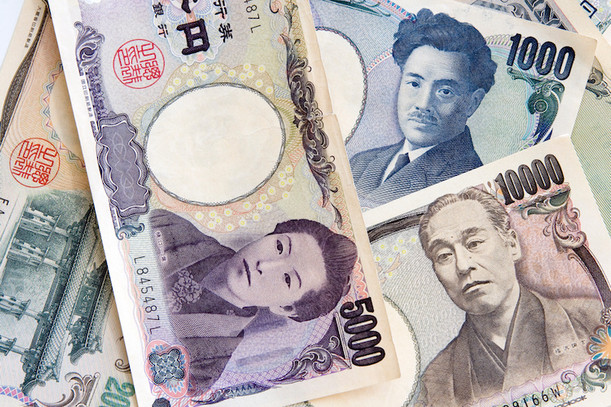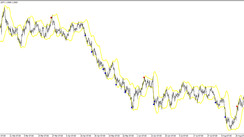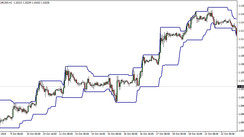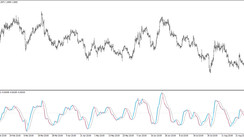Japan revealed on Tuesday that it made record-breaking foreign exchange market interventions in October, selling dollars worth 6.35 trillion yen ($48 billion) to boost the yen. The intervention was brought on by the yen's sharp decline to a 32-year low of 151.94 to the dollar in October, according to the quarterly statistics. Since 2003, when it sold a record-breaking 12.3 trillion yen in a single month, this is Japan's largest intervention. To help the economy, the BoJ has also intervened to buy equities and exchange-traded funds. These actions seem to be working because the yen has subsequently recovered and is now trading at about 120 to the dollar. The Finance Minister has cautioned, however, that the government will not hold back from taking action once more to stop the yen from rising too quickly. We'll keep a close eye on market movements, claims the Japan Finance Minister. The actions were intended to counteract excessive currency fluctuations brought on by speculative trading.
The covert interventions, or forays into the market without making an announcement, followed Tokyo's action on September 22 to buy the yen for usd for the very first time in 24 years. After spending 2.84 trillion yen on Sept. 22 to stop the yen's steep decline, which increased living costs for Japan's resource-scarce country, Japan spent a historic 5.62 trillion yen ($42.5 billion) on a mere day of currency-buying intervention and an additional 730 billion yen later in October. Since then, the dollar has retreated to trade in a band around 130 yen, raising some worries about recent currency increases that could hurt Japanese exports of automobiles and electronics.
Japan rarely engaged in yen-buying and dollar-selling interventions because of its history of fighting against a strong currency that made Japanese exports less competitive. Moreover, Japan releases daily results for the previous quarter and publishes monthly intervention data at the end of each month.
Separate MOF data released on Tuesday revealed that Japan's foreign reserves increased for the third consecutive month to $1.25 trillion by the end of January, helped by increases in gold prices, interest payments on foreign assets, falling interest rates, and a weaker yen. Recent events leads us to the conclusion that Japan has been taking steps to increase its foreign reserves in order to maintain the competitiveness of its exports. This will probably be accomplished by combining gold purchases, currency manipulations, and investments in foreign assets.





